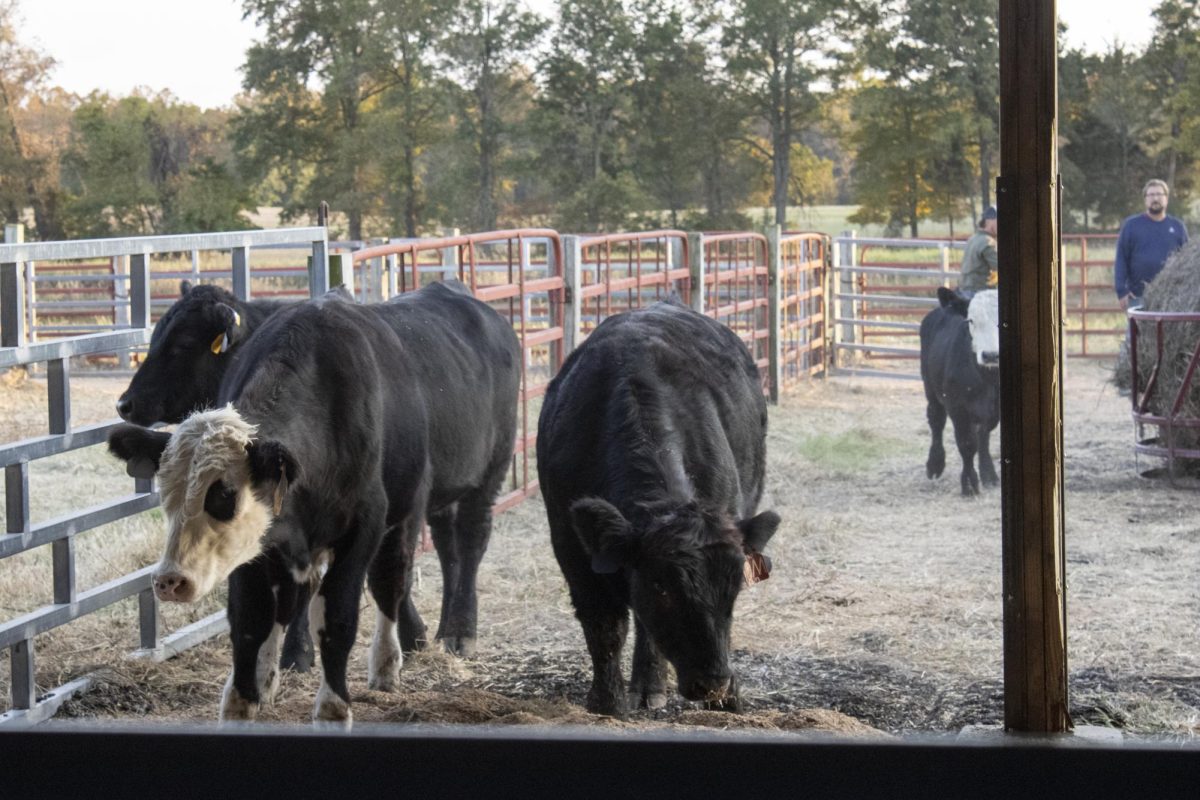Mice watch their weight
March 22, 2002
SIUC study proves mutant mice live longer with controlled diet
When mice look down and see love handles, they’re in trouble.
At least that’s what a recent study by an SIUC professor found. According to the study conducted by Andrzej Bartke, professor and chair of physiology, certain mutant mice live longer with limited diets. Ames mice, or Dwarf mice, already live 50 percent longer than average mice but age at the same rate due to their genetic hormonal imbalance.
Advertisement
Bartke began the research with the SIU School of Medicine about 10 years ago when they were studying growth of mutant mice. Eventually, they noticed the major difference in life span and began tinkering with their diets. By limiting the food of the small mice by 30 percent, Bartke found that the mice lived even longer.
We take two mice that are very similar, Bartke said. We take one mouse and let him eat all the food he wants. You can think of him as the extreme couch potato mouse. The other one gets 70 percent of what the other gets.
Bartke studied a total of 45 Ames mice and 53 of their non-mutated siblings. An average wild-type mouse lives around two to three years where the average Ames mouse lives about three-and-a-half years. With the restricted calorie diets, the wild-type mice came within about 100 days of meeting the life span of the Ames mouse and the mutants themselves nearly reached four years.
The SIU Medical School was the first to discover this breakthrough in longevity. According to an article published in the November 2001 issue of Nature, a science journal, Bartke’s findings are revolutionary.
This supports the idea that hormonal regulation of metabolic pathways in response to altered food availability may be a way of regulating life span that is deeply rooted in evolutionary history, the journal said.
In addition to the revolutionary findings, Bartke said he also discovered that because of the success of the experiments with the two different mice, there is a chance of similarities with other species as well.
There are probably metabolic and hormonal mechanisms that control aging in all species, Bartke said.
Advertisement*
That means that it is not completely farfetched that some of these findings could be related to humans. Bartke said in relating the study to humans, people should not look so much at things like fat.
The key factor is the total number of calories, Bartke said. It seems to be limited to calorie intake.
Bartke said that while limiting calorie intake could expand a person’s life, by no means should anyone starve themselves. However, people should exercise regularly and combat things like the weight they gain as they get older.
I guess you can benefit from just eating sensibly, Bartke said. Try to keep weight steady after you are in the mid to late 20s.
Reporter Codell Rodriguez can be reached at [email protected]
Advertisement








